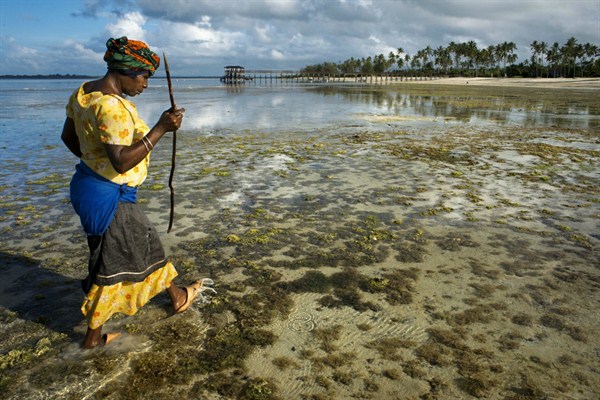Several years ago, in a speech marking his final International Women’s Day as Tanzania’s president, Jakaya Kikwete demonstrated how he had cultivated a reputation as a champion of women’s rights.
At a rally in the town of Morogoro, outside the capital Dar es Salaam, Kikwete touted a record that included appointing more women to government posts, expanding economic opportunities for women and investing in improvements to maternal and reproductive health. Just as importantly, his words suggested these were causes in which he felt personally invested. “I am proud to have created an enabling environment for women’s economic empowerment that has helped to improve their material well-being,” he said, adding: “And it wasn’t like I was doing them a favor. It was their right.”
In the three years since Kikwete stepped down and his successor, John Magufuli, took office, Tanzanian activists say official policies related to women’s rights remain more or less the same. But when it comes to messaging from the head of state, the difference can sometimes feel like night and day.

